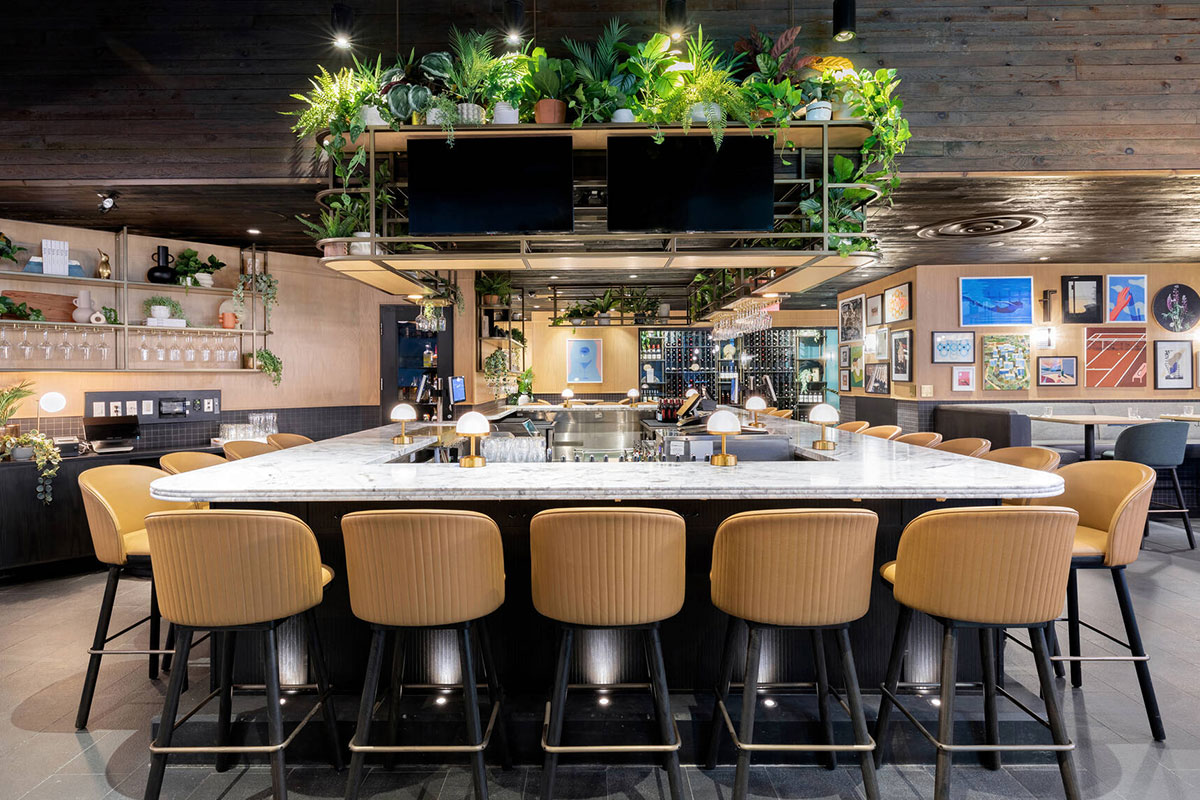

| Local & Regional Commercial Contractors | |
|---|---|
| Commercial Contractors In [Your City] | Trusted professionals delivering top-tier commercial builds in your area. |
| Commercial Contractor Etobicoke | Licensed Etobicoke contractors specializing in business construction. |
| Commercial General Contractor GTA | Expert general contractors for commercial projects throughout the GTA. |
| Commercial Contractors Near Me | Nearby commercial building professionals offering timely service and quality. |
| General Contractor For Commercial | Skilled general contractors managing projects from ground-up to finish. |
At BUILD IT Toronto, we design and build purpose-driven commercial and industrial spaces that help businesses flourish in one of Canada’s most fast-paced cities. Our expertise in quality construction, coupled with a collaborative approach, makes us the go-to partner for entrepreneurs and national brands alike. From retail and hospitality on Queen West to medical offices in North York and logistical facilities in Scarborough, our work can be seen across the city—and we’re just getting started.
We’re more than general contractors—we’re end-to-end builders. Our services span pre-construction planning, permit coordination, full design-build execution, and final delivery. Keeping the entire process under one roof lets us work more efficiently and communicate more clearly—ensuring your project stays on time and within budget.
With deep roots in Toronto, we understand the local challenges—from intricate zoning regulations to working in high-density environments. Our experienced teams have delivered successful builds across the GTA, including in Mississauga, Etobicoke, Vaughan, and the city core.
We bring this local knowledge to every sector we serve: restaurants, retail stores, healthcare clinics, office spaces, industrial builds, and franchise expansions. Every project is guided by strict safety standards and building codes, while also being thoughtfully designed for day-to-day use.
What truly sets us apart is how we treat our clients. We see each project as a partnership, listening first and tailoring our strategies to your needs. Real-time tools keep you informed, while our experienced team ensures quality and clarity throughout.
If you’re planning a build or renovation in Toronto, choose BUILD IT Toronto for a space that’s functional, stunning, and built for success. Let’s build something exceptional—together.

Green building practices in commercial construction reflect a commitment to environmental sustainability and energy efficiency. These practices are centered around reducing the environmental impact of buildings through thoughtful design, construction, maintenance, and removal. The ultimate goal is to create structures that are well integrated with their surroundings while minimizing resource consumption and improving quality of life for occupants.
One of the foremost aspects of green building is enhancing energy efficiency. This can be achieved through various strategies such as using high-performance windows and insulation, implementing LED lighting, and installing energy-efficient HVAC systems. Additionally, smart building technologies allow for real-time monitoring and optimization of energy use, contributing to significant savings over time.
Commercial contractors are increasingly prioritizing water conservation in their projects by incorporating low-flow fixtures, drought-resistant landscaping, and rainwater harvesting systems. These measures not only reduce the strain on municipal water supplies but also lower utility costs for building owners.
The selection of materials plays a crucial role in green construction. Contractors often opt for recycled content products, rapidly renewable materials like bamboo or cork, and locally sourced goods to diminish transportation-related emissions. Moreover, a focus on durability ensures longer lifespans for components, decreasing the frequency of replacement.
Creating a healthy indoor environment is essential in green buildings. This involves using low-emitting materials that reduce volatile organic compounds (VOCs) along with designing HVAC systems that provide adequate ventilation and air filtration. By doing so, contractors aim to improve occupant comfort and well-being.
The location and development of a site also contribute significantly to its sustainability profile. Commercial contractors work towards safeguarding existing ecosystems while managing stormwater runoff effectively through permeable pavements or green roofs. They may also integrate features like electric vehicle charging stations to support sustainable transportation options.
Lastly, innovation is at the heart of green commercial construction as it drives improvements across all areas mentioned above. Whether it's through exploring new methods for reducing carbon footprints or utilizing cutting-edge technology like building information modeling (BIM) for enhanced project coordination – innovation leads to smarter decisions that pave the way forward for eco-friendly construction practices.
Before diving into a commercial property renovation, it's crucial to have a clear understanding of the project's scope. Property owners should define what they intend to achieve with the renovation, whether it's updating aesthetics, improving functionality, or complying with new building codes. This will help in determining the extent of renovations needed and assist in creating detailed plans that can be communicated effectively to contractors.
A comprehensive contract is at the heart of any successful renovation project. This document should outline every aspect of the work to be done, materials used, timelines, payment schedules, and how changes to the plan will be managed. It acts as a legal agreement between property owner and contractor and ensures both parties are clear on expectations and deliverables. Ensuring all details are captured in the contract can prevent misunderstandings and disputes down the line.
Choosing the right contractor is paramount for commercial property renovations. Owners must conduct due diligence by checking credentials, experience, insurance coverages, and references from past projects similar in size and complexity. The ideal contractor should not only have a proven track record but also understand local regulations and permit requirements that pertain to commercial renovations.
Renovating commercial properties often involves significant investment. Property owners must establish realistic budgets that reflect actual costs including materials, labor, permits, contingencies for unforeseen issues that may arise during construction. A well-planned budget helps avoid cost overruns which could impact other financial aspects of their business operations or investment portfolios.
Commercial renovations typically require navigating through zoning laws and obtaining necessary permits. These regulations ensure that changes comply with local land use laws including parking requirements, building heights, densities among others; failure to comply can result in hefty fines or even have legal implications leading up to cessation of work on site until compliance is met.
For businesses operating out of commercial spaces being renovated it’s essential to make arrangements that minimize disruption during construction period which could affect day-to-day operations leading loss revenue staff productivity morale customers alike contingency plans such alternative workspaces adjusted operating hours temporary closures help manage these challenges while maintaining some level regular business activity throughout renovation process

Expect demolition (if needed), framing, MEP systems, finishes, inspections, and a certificate of occupancy.
They oversee architectural design, engineering, budgeting, permitting, and manage the build from concept to completion.
They use scheduling software, coordinate subcontractors, plan for delays, and manage milestones.
Commercial focuses on offices/retail, while industrial includes warehouses, factories, with different codes and needs.